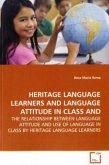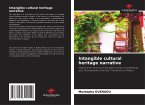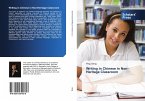The Hispanic community in South Florida can take courses designed for Heritage Speakers (HS) in many local Colleges and Universities as well as some High-schools. The gap between the number of HS and the number of students enrolled in language courses in the area is dramatic, thus the question: Why aren t these HS exploring and developing their bilinguality? And, what is the role of their perception as members of the culture of these Diasporas in this lack of interest? Dislike of the Spanish language was the main reason to stay away from HS courses . A consistent and reliable methodology for the identification of HS and instructor s sensitivity to dialect variation is imperative. Second language acquisition, sociocultural theory, sociolinguistic issues among speakers of languages other than English, motivations to study a language among Heritage Speakers, and the significance of literacy among Heritage Speakers are the main areas that informed this work. Those in curriculum development, language instruction, Heritage Speaker studies, minority issues and text-book development will find elements in this book that can inform their work.
Bitte wählen Sie Ihr Anliegen aus.
Rechnungen
Retourenschein anfordern
Bestellstatus
Storno

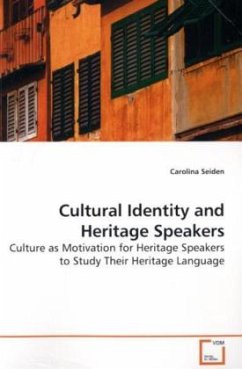
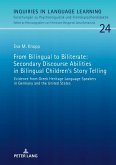
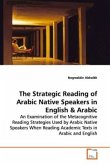
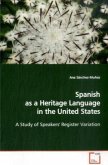
![The Acquisition of English Soun[dz] by Native Japanese Speakers The Acquisition of English Soun[dz] by Native Japanese Speakers](https://bilder.buecher.de/produkte/25/25576/25576320m.jpg)
